News

Apr 06, 2023
Architecture doctoral student honored for urban stormwater runoff research
Rui Wang, an architecture doctoral student in the College of Arts and Architecture’s Stuckeman School, came to Penn State to further pursue research regarding a problem plaguing many Chinese cities, including her hometown of Wuhan: flooding and pollution caused by urban stormwater runoff.
Full Article
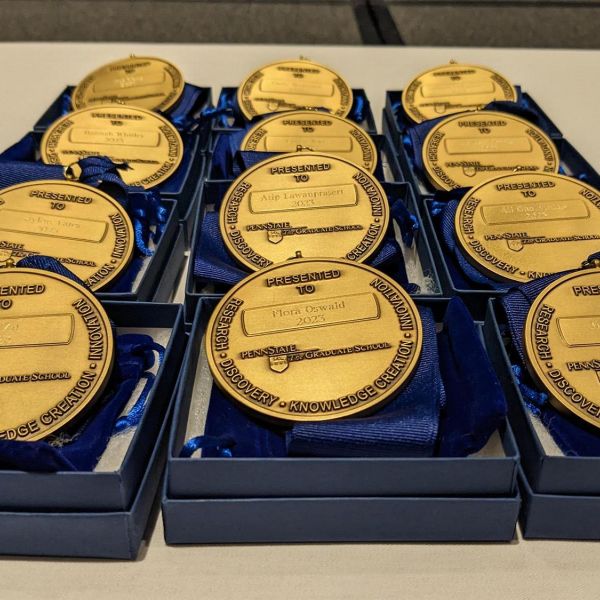
Apr 06, 2023
Forty graduate students recognized with prestigious University awards
Forty Penn State graduate students were named recipients of Penn State’s most prestigious annual graduate student awards, administered by the Graduate School in collaboration with several Penn State units.
Full Article
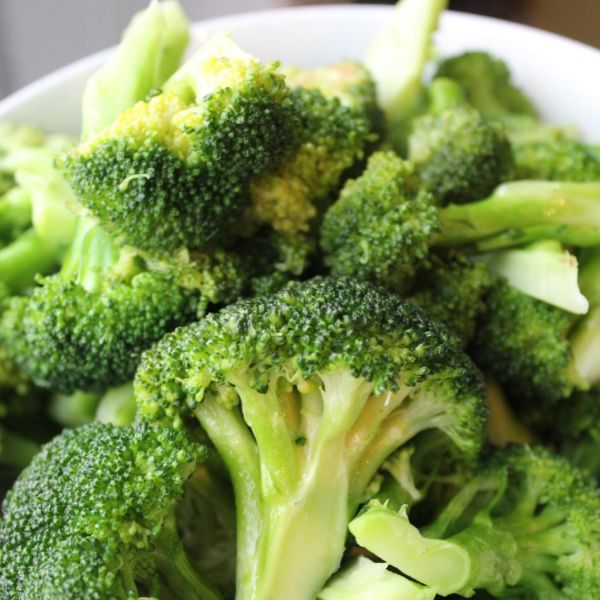
Apr 06, 2023
Broccoli consumption protects gut lining, reduces disease, in mice
Broccoli is known to be beneficial to our health. For example, research has shown that increased consumption of the cruciferous vegetable decreases incidences of cancer and type 2 diabetes.
Full Article

Apr 05, 2023
Digging into the past: Forgotten soil samples are opportunity for new research
While most time capsules found on campus feature pop-culture relics like vintage copies of the Daily Collegian newspaper, the College of Agricultural Sciences has unearthed a different kind of relic: sealed jars of soil samples collected by Penn State researchers in 1915 and 1933.
Full Article
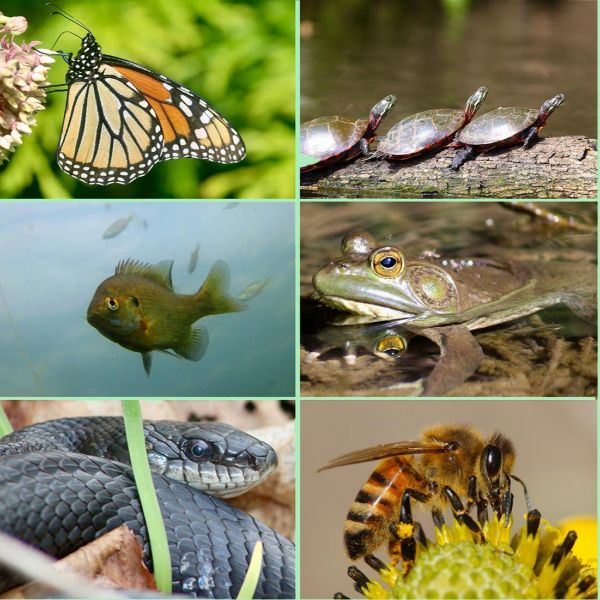
Apr 03, 2023
Innovative method predicts the effects of climate change on cold-blooded animals
In the face of a warming climate that is having a profound effect on global biodiversity and will change the distribution and abundance of many animals, a Penn State-led research team has developed a statistical model that improves estimates of habitat suitability and extinction probability for cold-blooded animals as temperatures climb.
Full Article
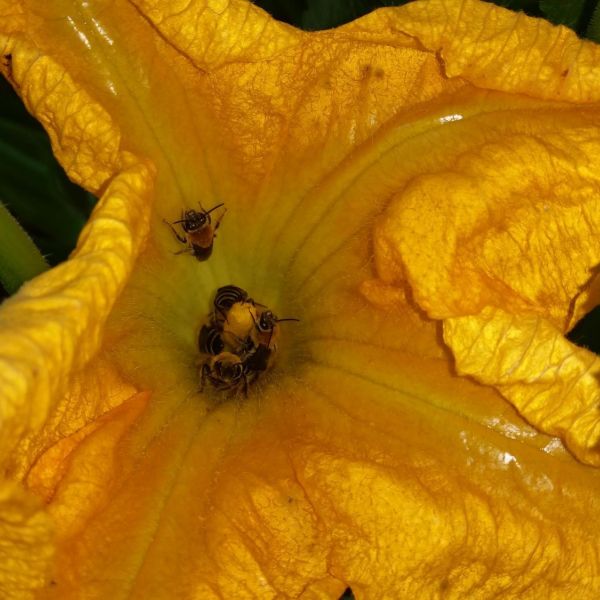
Apr 03, 2023
Squash bees flourish in response to agricultural intensification
While pollinator populations of many species have plummeted worldwide, one bee species is blowing up the map with its rapid population expansion.
Full Article

Mar 31, 2023
A tighter core stabilizes SARS-CoV-2 spike protein in new emergent variants
Just as a tight core is a component of good physical fitness for humans, helping to stabilize our bodies, mutations that tightened the core of the SARS-CoV-2 spike protein in new variants may have increased the virus’s fitness, according to new research led by Penn State scientists.
Full Article
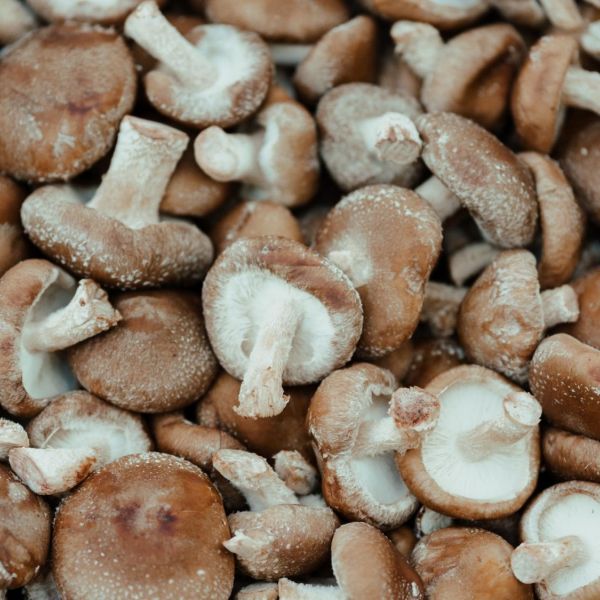
Mar 31, 2023
Is a little-known amino acid concentrated in mushrooms the key to healthy aging?
As people age, inflammation and oxidation can contribute to many of the diseases we associate with getting older, such as Parkinson’s disease and Alzheimer’s disease.
Full Article
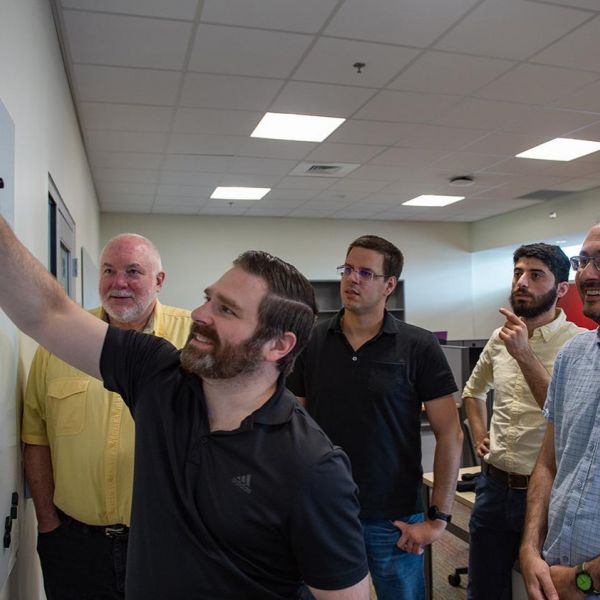
Mar 29, 2023
The Microbiome Center announces a free bioinformatics resource for Penn State
The Penn State Microbiome Center, in coordination with the lab of Associate Professor David Koslicki, is offering access to the Kyoto Encyclopedia of Genes and Genomes (KEGG) to all Penn State faculty, staff and students for free.
Full Article

Mar 27, 2023
Professor elected fellow of national medical and biological engineering society
The American Institute for Medical and Biological Engineering (AIMBE) has elected a Penn State engineer to its College of Fellows.
Full Article